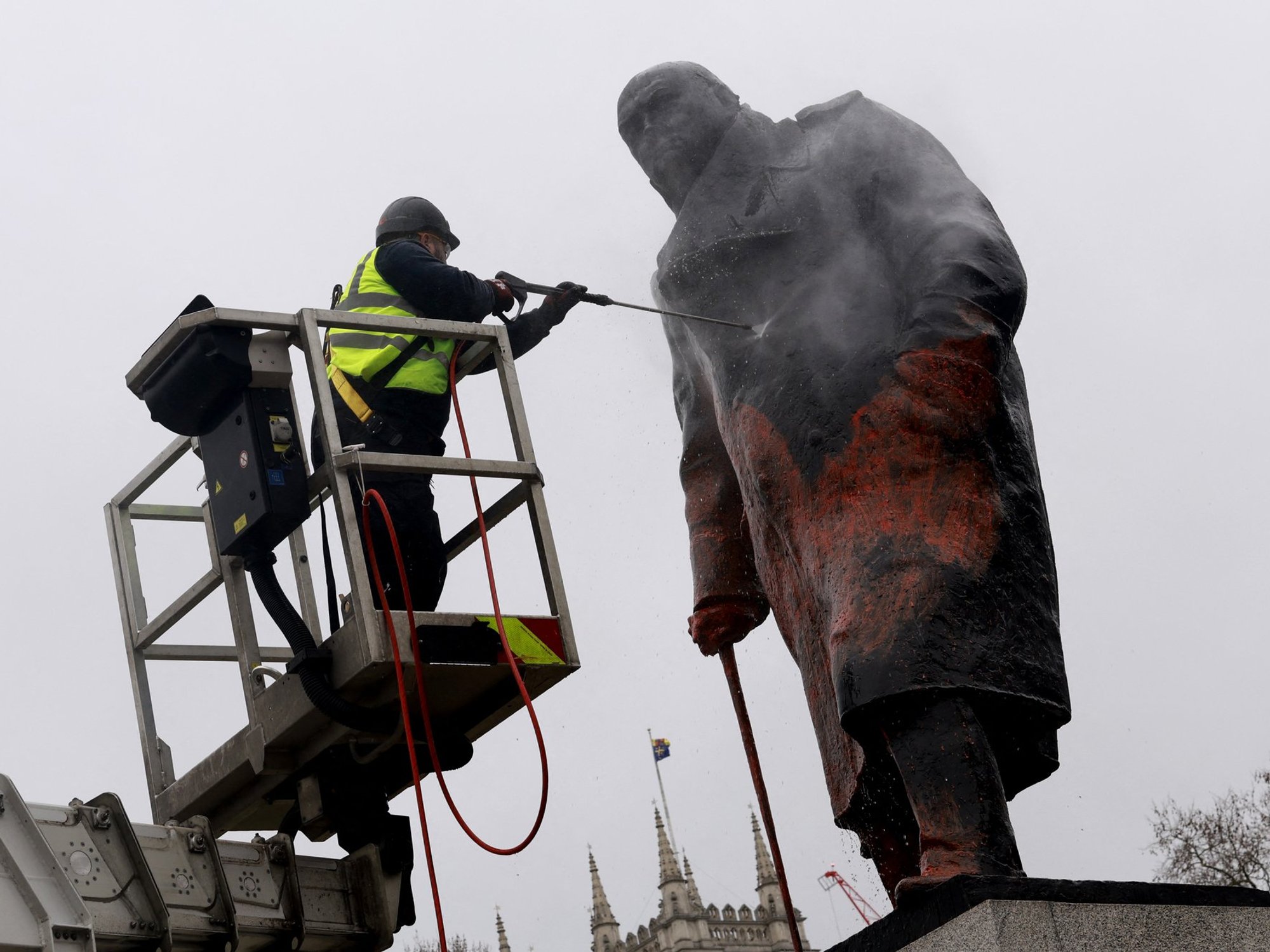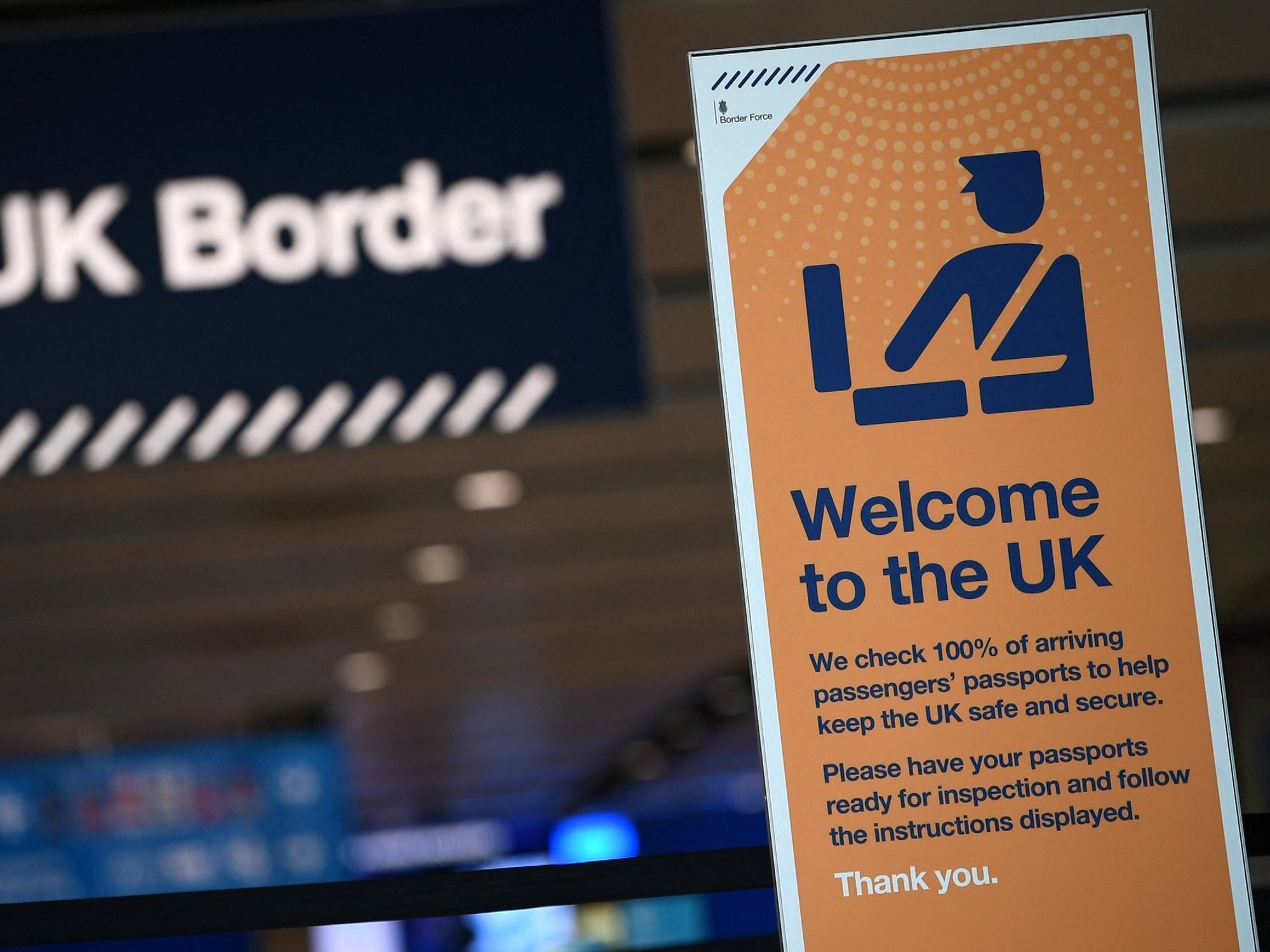UK's biggest mobile networks like EE, O2, Sky and Vodafone join forces to crack down on scam calls
Fraud is one of the UK's most widespread crime types in the UK
- Leading broadband, mobile, and phone providers partner to launch a telecommunications charter
- It's designed to protect customers from scam calls and fraud
- Fraud is calculated to be one of the most widespread crime types in the UK
- Scalable data-sharing models are being created to track down and stop scammers
- They're also stopping foreign call centres from impersonating financial institutions
- AI will be used to help block suspicious texts and calls
Don't Miss
Most Read
Latest
The UK’s leading broadband and mobile providers are joining forces to tackle scam calls and fraud.
Household names like BT, EE, VodafoneThree, Sky, TalkTalk, Tesco Mobile, and Virgin Media O2 have come together to launch a landmark charter designed to protect customers from the criminals behind the spate of scam calls and text messages. And it can't come soon enough, with the latest research showing that someone in the UK has their identity stolen every two minutes.
Fraud is one of the most widespread crime types in the UK, according to a crime survey for England and Wales. In a statement from the Home Office: "This Charter represents a landmark commitment from the telecoms industry to tackle fraud head-on.
"It builds on the progress made since 2021 on preventing scam calls and texts and protecting its customers, and sets out a bold, practical roadmap for action, preventing scam calls and texts, strengthening data sharing, harnessing AI to prevent scams, and supporting victims with compassion. Tackling fraud is also a major contributor to the government’s growth mission."
The charter is designed to create measurable actions to enhance everyday security. So, what action is being taken?
UK telecoms and law enforcement are rolling out a national traceback solution — essentially a technical way for phone companies and the police to follow the path of a suspicious or fraudulent call across different networks until they find where it started. Think of it like tracking a parcel as it moves between delivery hubs, but for phone calls. Like something you'd see in a thriller on Netflix.
If it works, it means telecoms will be able to pass on addresses where these mass scam calls are being hosted.
The companies have also pledged to step up consumer awareness (teaching people how to spot scam calls) and to improve support for victims of phone fraud. Concretely, the aim is to cut the time it takes to get help to victims to two weeks — meaning that from the moment someone reports a scam, they should see meaningful support or action within about 14 days.
To make investigations faster and more efficient, the group will build scalable, collaborative data-sharing models between telecoms, banks and tech firms. “Scalable” means the systems will be designed so they still work as the volume of data grows; “collaborative data-sharing” means these organisations will securely exchange information (while respecting privacy and legal rules) to help the police piece together how scammers operate and where they’re based.
The major mobile networks have also committed to blocking foreign call centres that impersonate banks within the next year. This tackles a common scam where callers — often from overseas call centres — fake the caller ID or pretend to be bank staff to trick you into handing over money or details (this is often called “spoofing”).
Why this matters: research shows 96% of mobile users decide whether to answer based on the number shown on their screen, and about three-quarters are unlikely to pick up an unknown international number. That makes caller ID and international fraud controls powerful levers in stopping scams before they reach people.
Taken together, these moves — better tracing, faster victim support, cross-industry data sharing and blocking of impersonating call centres — aim to make phone scams harder to run and easier to stop.

Mobile networks have committed to stopping foreign call centres from impersonating financial institutions within the next year
| GETTY IMAGESClaire Gillies, CEO at BT’s Consumer Division, said, “Protecting BT, EE and Plusnet customers from scams and fraud is an imperative for us. To be the network customers can trust we have developed cutting-edge, AI-driven solutions to keep everyone safe.
"We’re proud that in 2025, we’re blocking 3 million scams a day across our network and continuing to innovate at pace to protect our customers from the growing threat of fraud. This second fraud charter is an important and timely intervention for the telecoms industry. It’s vital that we collaborate as an industry to protect the nation from this growing crime.”
The mobile networks have also committed to stopping foreign call centres from impersonating financial institutions within the next year.
“Spoofed calls allow scammers to deceive the public with fake identities and false promises. This government is committed to tackling fraud," Lord Hanson, the Minister of Fraud, said in a statement.
"In a major upgrade of our mobile network, call spoofing will be eliminated within a year – stripping away the tools scammers use to cheat people out of their hard-earned cash.
"We’re stepping up our defences to protect victims and make sure the UK is the hardest place in the world for scammers to operate.”
LATEST DEVELOPMENTS
The use of AI will be used to "identify and block suspicious calls and texts." Many mobile providers already have protection measures in place to block these questionable calls and texts. This charter is set to provide an expansion of the protection measures already in place.
Rachel Andrews, Fraud Director at VodafoneThree, said: “Vodafone and Three block millions of scam texts and fraudulent calls for their customers every day. The second Telecommunications Fraud Charter will take this even further, strengthening how we work across the industry and with government to stay one step ahead of criminals.
"By combining data, collaboration and innovation, we can keep people and businesses safe and build the trusted, secure digital networks the UK depends on every day.”
On the business side, the CCUK is set to help business customers by creating business victim support principles and guidance to help identify and respond to fraud effectively.
This isn't the only attempt at shuttering fraudulent activity. Google is cracking down on spam and phishing text attempts.

Google filed a lawsuit against an enterprise called Lighthouse, claiming they've created a "phishing for dummies" kit for cybercriminals
| GETTY IMAGESThe tech firm filed a lawsuit against an enterprise called Lighthouse, claiming they've created a "phishing for dummies" kit for cybercriminals.
It's been said that the company charges a monthly licensing fee to give out an SMS or e-commerce software built with hundreds of templates for websites that impersonate financial institutions or government-affiliated organisations that could trick you into handing over sensitive information.
According to Google, 200,000 fraudulent websites were created with the help of Lighthouse — with an estimated 12.7 million to 115 million credit cards in the US compromised in the scam. By taking the case to court, Google has the opportunity to have Lighhouse removed from tech partners and obtain more information about the group through legal discovery.
More From GB News










